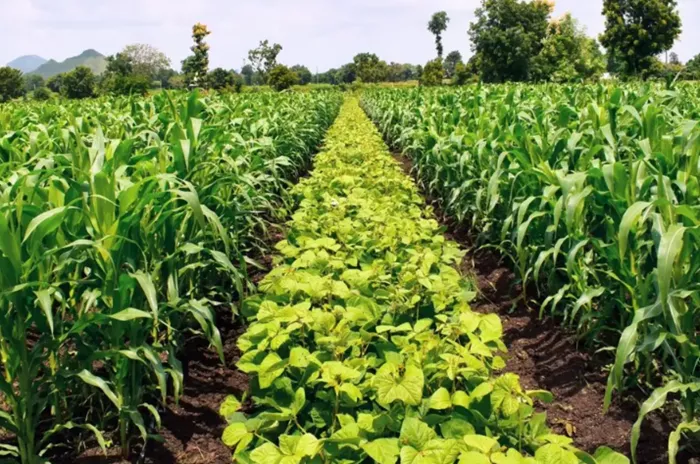In the world of simulation games, where farming and rural life take center stage, the popular game Farmville could benefit from a diversity makeover that brings attention to environmentally conscious farming. Incorporating biodiverse practices would not only enhance the gameplay but could serve to educate players on sustainable agriculture and eco-friendly farming practices.
Why Promote Biodiversity in Agriculture?
Recent research highlights the benefits of plant diversity in agricultural systems, showing it can significantly boost soil’s carbon storage capabilities. This is a major step forward as the agricultural sector works to reduce its carbon footprint and promote sustainable practices.
Diverse plant ecosystems could be a game-changer for agriculture, offering a sustainable solution that benefits both the environment and the farming industry.
The Role of Plant Diversity in Sustainable Farming
For decades, the intensification of farming has strained soil health, depleting essential nutrients and releasing carbon back into the atmosphere. Given the large portion of global land dedicated to farming, agriculture must play a pivotal role in climate change mitigation. However, a limited understanding of plant and microbe interactions has historically hampered these efforts. Researchers at the University of Zurich have been investigating ways to bridge this knowledge gap.
Led by Luiz Domeignoz-Horta, the study found that increasing plant diversity in agricultural fields can enhance soil carbon storage—a promising discovery for sustainable agriculture.
Key Findings from Finland’s TwinWin Experiment
The researchers conducted the TwinWin experiment in Finland to assess how different plant species might impact soil microbial processes. Testing barley alone and in combination with eight additional plant species, the team selected varieties known for their soil health benefits, such as nitrogen-fixing and deep-rooting species.
The study focused on microbial carbon use efficiency—a metric indicating how effectively soil microbes convert carbon inputs into new biomass without releasing excess carbon dioxide. By tracking microbial growth, soil respiration, and carbon movement using molecular sequencing and stable isotope tracking, the scientists observed a marked improvement in carbon efficiency when plant diversity was high.
“We found that higher plant diversity fostered positive microbial interactions in the rhizosphere, which improved community carbon use efficiency,” said Domeignoz-Horta.
Enhanced Biomass Without Reduced Yields
Plant diversity also positively affected overall plant biomass, with no reduction in barley yields. This suggests that diverse planting can retain soil carbon without compromising crop productivity, offering a viable method for carbon sequestration.
The Potential for ‘Carbon Farming’
Adopting plant diversity may be labor-intensive for small-scale farmers, yet they remain essential to sustainable agriculture. “Our results suggest that with appropriate policy support, diverse crop mixtures could become a key element of ‘carbon farming,’ aiding in carbon sequestration and supporting productive farming,” said Domeignoz-Horta.
Such practices could help establish climate-resilient farming methods that support both the planet and agricultural stakeholders.
A Path to Eco-Friendly Agriculture
The TwinWin experiment demonstrates the untapped benefits of plant diversity in farming. Diverse crop systems encourage microbial interactions and enhance soil carbon storage, proving that plant diversity is crucial in climate change mitigation.
For this potential to be fully realized, however, farming practices and policies need to align with biodiversity-centered approaches. With support from stakeholders, plant diversity could reshape the future of farming into a resilient, eco-conscious industry that sustains both the land and those who work it.
As the research suggests, a more sustainable future begins with embracing the natural synergy between plants and soil, leveraging biodiversity to cultivate healthier ecosystems for generations to come.
Related topics:
- California Confiscates $353 Million Worth of Marijuana, Including Over 9,000 Plants in San Diego
- Colorado’s Poisonous, Carnivorous, and Strangest Plants
- New Discovery in Dahlia Flowers Could Lead to Treatments for MS and Cancer


